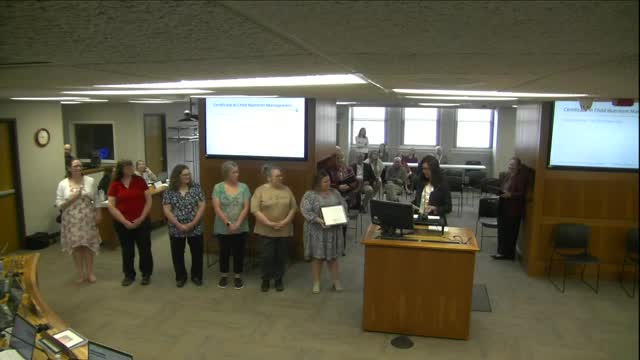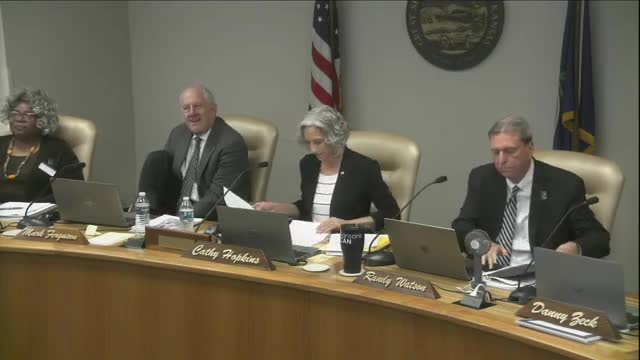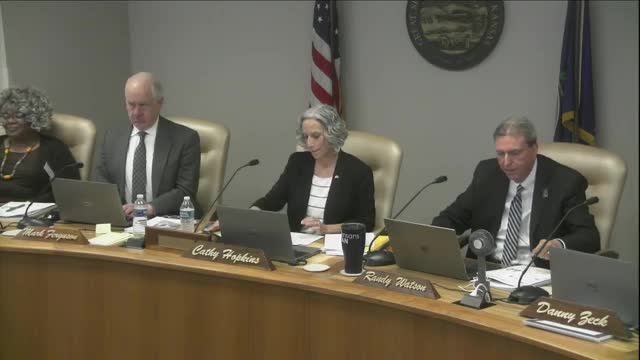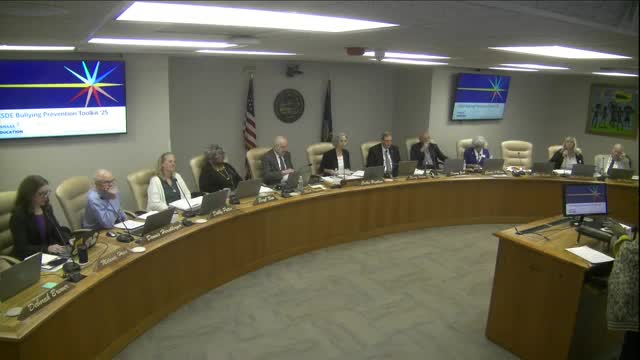Article not found
This article is no longer available. But don't worry—we've gathered other articles that discuss the same topic.

KSDE seeks board approval for Preschool Age-at-Risk program approvals, outlines requirements

Therapist warns board about cognitive, social harms of heavy classroom and homework screen use; urges limits and parental choice

KSDE early literacy team outlines structured literacy, dyslexia work and LETRS training

